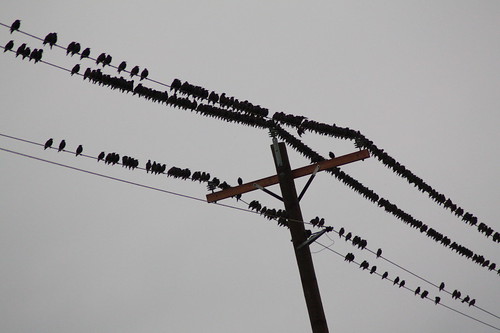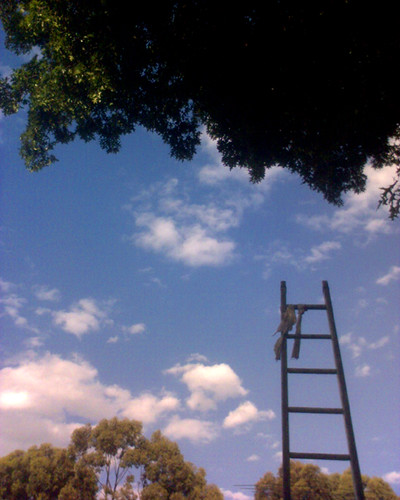I always enjoy open, honest dialog about Teaching Practice. The best conversations are the ones built on a relationship of trust, when we can begin to ask probing questions of one another and share personal reflections on practice. Recently I have had the privilege of coming alongside colleagues who are exploring and implementing Project Based Learning. We've enjoyed sharing in the successes of the journey, and also in the lessons learned.
A few themes have emerged in my conversations, all focused on scaffolding the Project Based Learning experience both for the Teacher and the Student. Teachers shifting toward student-centered approaches commonly wonder about
assessing projects, about
structuring projects, about
building competencies, and about
academic rigor. There are two things I really enjoy about these conversations. First, we're all in it together. These same questions seem to come up again and again, underscoring their importance. Secondly, I appreciate the position from which these questions are asked. Teachers asking these questions are interested in and motivated to push their practice to increase student engagement, motivation, and success. I feel strongly that we need to continue to share our wonderings and to share our strategies for implementing methods of Student Inquiry.
In general terms I think we'll all agree we need to implement new systems one step at a time. If the change feels significant for us as the classroom Teacher, its definitely a change that needs to be carefully introduced to our students. One article that stands out in my mind to help us scaffold the learner experience is Ertmer and Simons'
"Scaffolding Teacher Efforts to Impliment Problem Based Learning". Do their suggestions resonate with you? What scaffolds have accompanied your shifts in instruction and assessment? What do you want to know more about as you explore Student Inquiry and Project Based Learning? What specific questions do you have?




